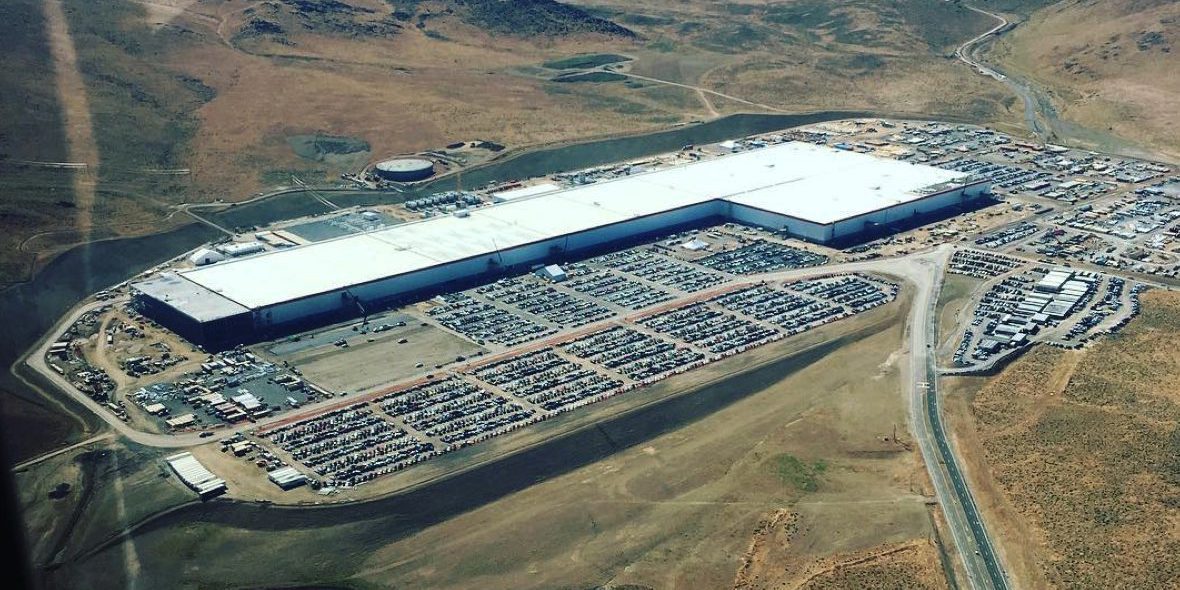The Gigafactory race is on
 |
| The Tesla Gigafactory is partially complete but already producing batteries |
The race to capitalize on the growing need for electric car batteries is well and truly underway.
Although Tesla has an early start with its massive 35-gigawatt-hour Gigafactory, a German firm has announced plans for its own battery plant to rival Tesla's operation.
A consortium known as Terra E plans to finalize the site for a 34-gigawatt-hour battery plant next month and will break ground in 2019. Most of the candidate sites for the plant are in Germany, though a neighboring country isn't off the table, per CEO Holger Gritzka.
“We have to be better in process technology than competitors, a constant step ahead," Gritzka told Bloomberg during a recent interview.
South Korea's LG Chem and Samsung currently dominate battery production, but Tesla is poised to become the second-largest battery maker once its Nevada-based Gigafactory is at full capacity. Investment in Tesla's plant will total $5 billion, though a large chunk of this will come from Tesla battery partner Panasonic.
German automaker Volkswagen has vast plans to electrify its vehicle lineup in the coming years, and the automaker has said current battery production simply will not meet the requirements for future electric car production. Other automakers, particularly those in Germany, are also jumping on the bandwagon. The news of Terra E's battery plant follows Daimler's start of construction on a second battery plant. The facility will assemble lithium-ion batteries for the company's automotive brands as well as new energy storage business.
The increased output will more than double battery production from today's current levels of 103 gigawatt-hours to 278 gigawatt-hours in 2021 as batteries become more commonplace in energy storage and in vehicle applications. Motor Authority
